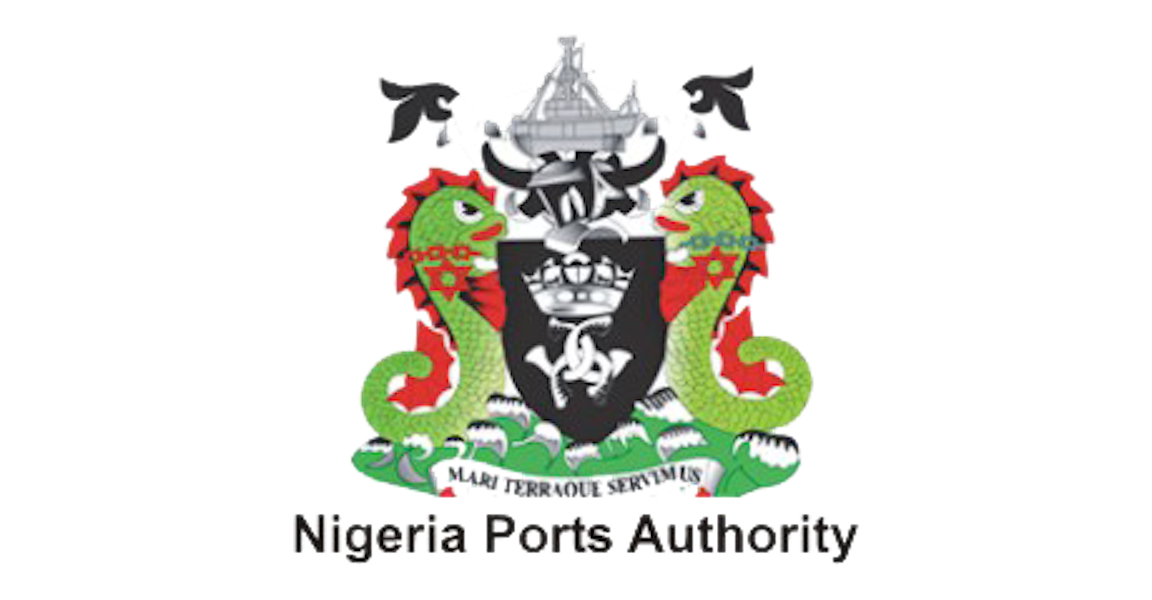NPA partners APM Terminals to grow non-oil export by 25% H-1 2024
The Nigerian Ports Authority (NPA) has continued to teamed up with the nation’s largest container terminal, AMP Terminal, Apapa to grow non-oil export for the country. The robust collaboration between NPA and APMT has seen non-oil export from the nation’s busiest seaport, Apapa Port, rising Year on Year (YOY) Presently, non oil export from APM […]

The Nigerian Ports Authority (NPA) has continued to teamed up with the nation’s largest container terminal, AMP Terminal, Apapa to grow non-oil export for the country.
The robust collaboration between NPA and APMT has seen non-oil export from the nation’s busiest seaport, Apapa Port, rising Year on Year (YOY)
Presently, non oil export from APM Terminals, Apapa, alone now stand’s at 51,000 Thousand Equivalent Units (TEUs), in the first half of 2024.
The rise represents about 25 percent when compared with the 47,000 TEUs for the first half of 2023.
- Barau Tsunami: Top 10 NNPP members who have joined APC with their supporters
- Journalists in A/Ibom to hold maiden media stakeholders summit
Over the past four years, APMT, with the continuous support of NPA, has recorded continuous increase in its export volumes.
Speaking on the increase in export cargo through Apapa Port, Mr. Lawal Adebowale, Port Manager, Apapa Port Complex, said to improve export, the Federal Government of Nigeria, through the Nigeria Port Authority (NPA), licensed five new Export Processing Terminals (EPTs) across the country to begin the operation of handling and processing export cargoes.
Adebowale stated that establishing and licensing these export processing terminals are critical to increasing Nigeria’s foreign exchange earnings and boosting intra-African trade.
According to him, the African Free Trade Agreement (AfCFTA) seeks to create a $3.4 trillion economic bloc and end food insecurity on the continent.
“Through the EPTs, Nigeria could maximise this advantage by creating an agricultural value chain hinged on production, processing, and export. Also, in line with the current administration’s commitment to diversifying the economy, EPTs are a timely innovation to boost exports in Nigeria” he said.
Also speaking, APM Terminals Apapa Terminal Manager, Steen Knudsen, described non-oil export cargo as an integral part of the terminal’s business.
“Over the last four years, we have witnessed a steady growth in non-oil export cargo. In 2020, export volumes stood at 53,000 TEUs, in 2021 it rose to 63,000 TEUs and in 2022, 71,000 TEUs. The greatest rise in exports was recorded in 2023, when volumes rose to 94,000 TEUs, an increase of 32%.”
To continue to drive this growth in non-oil exports, Knudsen added that the terminal would be hosting its second exporters forum, come September 19th.
He said, “The exporters’ forum is our way of supporting the Federal Government’s non-oil export drive. The forum is basically a brainstorming session where we rub minds with the various exporting associations in the country on how to best to resolve their challenges to facilitate more efficient movement of exports into the ports.
“More exports out of Nigeria translates to lower shipping costs since the vessels don’t go back empty. We will continue to partner with our customers and all relevant government agencies in the port to encourage Nigerian exporters in their business.”
Launched mid-2024, the APM Terminals Apapa exporters forum provides a safe place for the terminal, its export customers and shipping lines to discuss issues that impede the flow of export cargo into the port.
APM Terminals Apapa Head of Commercial, Kayode Daniels said, “The maiden forum launched in June was a huge success. We got so much feedback from the exporters on how we could collaborate to streamline our processes to improve export volumes. With agro-export produce, time is of the essence as prolonged storage in containers could ruin the quality of the cargo before it gets to its destination.
“The feedback we receive in the forum will be used to improve our operations and other associated processes concerned with the export of nonoil exports. I believe we can all work together to further strengthen the port’s export process.”
APM Terminals Nigeria, Market and Commercial Intelligence Manager, Adetunji Igbaugba, described the terminal’s culture as one of continuous improvement.
He said, “One of the ways we can improve is by hearing from our esteemed customers. This was a major reason for the first export forum held in June, and the invaluable feedback from our customers and stakeholders assisted in the improvements recorded. In preparation for the coming export season, we will be proactively having another session to review and look at ways we can jointly eliminate/ reduce future challenges and better service our esteemed customers.”
